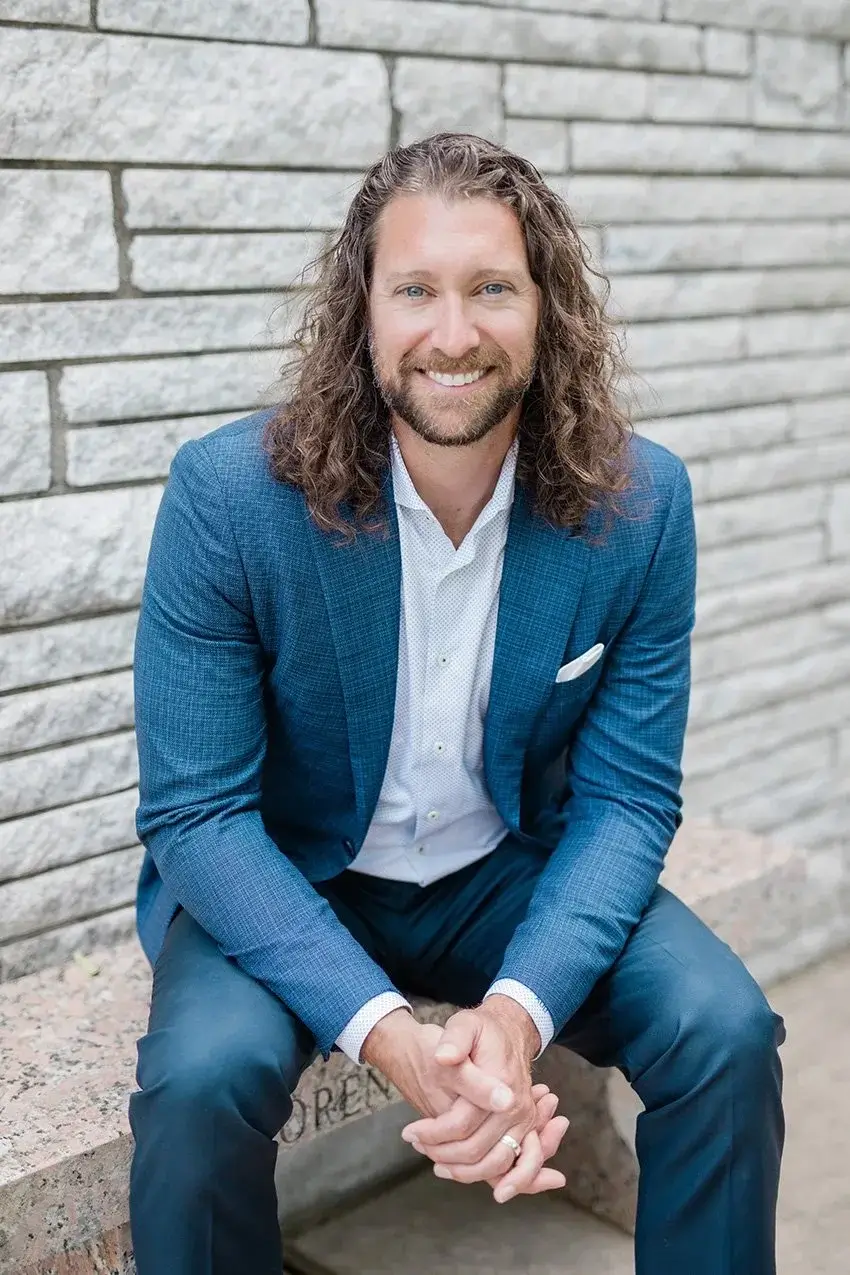When dealing with a parent who has a substance use disorder (SUD), protecting your overall well-being is essential as a teenager. You may feel that your situation is unfair, which could bring about negative feelings and emotions. However, you can establish respect and create boundaries for yourself in the relationship.
Setting boundaries can be challenging if you have never done it before, especially when dealing with a parent struggling with a SUD. Understand that it is possible. If you are currently living with a parent with a SUD, here’s what you should know about setting boundaries.
Set Clear and Specific Boundaries
Boundaries are rules or limits a person creates that help them maintain and enforce a safe way for others to behave towards them. It lets others know how much you are willing to accept or give to them. Setting boundaries with someone who has an addiction is necessary to help prevent a codependent relationship.
It may feel hard to set boundaries with your parents as a teenager because they are the authority figure. However, remind yourself that you also deserve respect for your emotional, mental, and physical well-being. When you set these rules and boundaries in place, be as specific and clear-cut as possible. Don’t leave any wiggle room for others to find a loophole or form any misunderstandings. A specific boundary could be that you don’t allow your parent to bring any form of alcohol or drugs around you.
Be Firm
When setting boundaries, there must be consequences for crossing the line. When your parent oversteps your boundaries, it should be clear that you won’t tolerate the behavior. Consistency is necessary for establishing a new set of rules.
Individuals with SUDs might try to gaslight or manipulate you into believing that there is no real issue or that they haven’t done anything wrong. However, standing firm on your boundaries will show them that you know how to stand up for yourself.
Have A Professional Support System
If you are a teen who has a parent with a SUD, you may find yourself parenting your parent. Having to act like an adult in situations where your parent can’t step up and make decisions is challenging for any teenager to go through. You may be met with intimidation or manipulation when trying to approach other adults about your problems. Your parents may feel like you are trying to expose or embarrass them by going to other people for help.
You must find a professional support system. Having a therapist, teacher, school counselor, or outside adult to lean on and help you through challenging situations allows you to create a much-needed support group. Therefore, find an adult that you trust and respect. Let them know your situation, and ask if they can be a point of contact when you need it. A support system will reassure you that you are never alone and always have someone to turn to for help.
How Do You Cope With Having a Parent With a SUD?
If you are under the age of 18, know that you are not completely powerless and there is help out there for you. If you cannot leave your environment, learning coping strategies will help calm you when you are stressed.
A few ways you can manage the stress of living with a parent going through addiction are:
- Find a local support group that you can join.
- Get involved with school activities, clubs, or sports that can help you release and express your emotions.
- Speak to a school counselor.
- Reach out and lean on your friends for support.
- Journal your thoughts and emotions instead of bottling them inside.
- Listen to music that helps soothe or heal you.
- Find a creative outlet such as art, dancing, photography, or music to self-express.
Breaking the Cycle of Addiction
If you have a parent or family member that uses substances, addiction may run in your family. Therefore, if your parent leaves drugs and alcohol around the house, it can become a risk to you. Understand that just because your environment and genetics place you at a higher risk, it does not mean you can’t break your family cycle of addiction.
Educating yourself on addiction and how to seek help puts you in a great position to break the cycle. Developing skills that help you cope with life stressors allows you to avoid the temptation of turning to drugs. Setting clear boundaries with those in your life who abuse drugs also puts you at a distance from enabling them to influence you.
The process of setting boundaries is a skill that requires consistency and the ability to stick up for yourself. Here at Clearfork Academy, we are motivated to help teenage males find their voice and create boundaries with a parent dealing with a substances use disorder. We offer family therapy that allows all immediate members to work through the recovery process. Remember, addiction affects the whole family. Therefore overcoming addiction requires healing the areas of both you and your parents’ lives affected by substances. Our programs also offer individual one-on-one therapy that will allow you to work through any trauma and negative feelings associated with a parent’s drug use. You will also develop healthier life skills. Our highly trained staff are waiting for you to reach out for help and begin your journey to recovery. For more information about our facility and programs, contact Clearfork Academy today by calling us at (817) 259-2597.

Founder & CEO
Originally from the Saginaw, Eagle Mountain area, Austin Davis earned a Bachelor of Science in Pastoral Ministry from Lee University in Cleveland, TN and a Master of Arts in Counseling from The Church of God Theological Seminary. He then went on to become a Licensed Professional Counselor-Supervisor in the State of Texas.
Austin’s professional history includes both local church ministry and clinical counseling. At a young age, he began serving youth at the local church in various capacities which led to clinical training and education. Austin gained a vast knowledge of mental health disorders while working in state and public mental health hospitals. This is where he was exposed to almost every type of diagnosis and carries this experience into the daily treatment.
Austin’s longtime passion is Clearfork Academy, a christ-centered residential facility focused on mental health and substance abuse. He finds joy and fulfillment working with “difficult” clients that challenge his heart and clinical skill set. It is his hope and desire that each resident that passes through Clearfork Academy will be one step closer to their created design.
Austin’s greatest pleasures in life are being a husband to his wife, and a father to his growing children. He serves at his local church by playing guitar, speaking and helping with tech arts. Austin also enjoys being physically active, reading, woodworking, and music.




